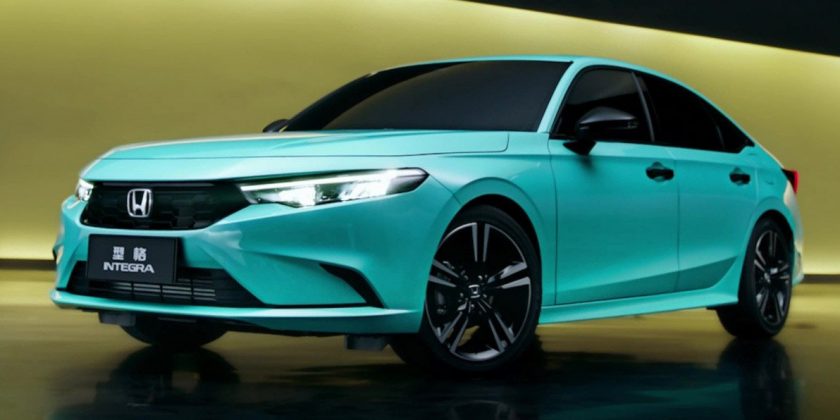China has announced that it will allow full overseas ownership of automotive companies in the country from January 1, 2022, according to a release by the country’s ministry of commerce and the National Development and Reform Commission.
Since 1994, foreign companies looking to enter China’s automotive industry have been required to set up as 50:50 joint venture with a local company to operate. Examples include FAW-Volkswagen, SAIC-VW, Changan Ford, SAIC-General Motors, GAC Mitsubishi, FAW Toyota, GAC Toyota, Beijing Benz (with BAIC), Dongfeng Honda, Guangzhou Honda (with GAC), BMW Brilliance and Changan Mazda.
The lifting of foreign-ownership limits will allow overseas companies to have full ownership of vehicle brands, freeing up investment in some of the biggest carmakers in the world. Additionally, foreign investors will no longer be limited to a maximum of two joint ventures in China, which was the case previously.
The latest move by the Chinese government comes a few years after it loosened the maximum ownership rate to 70% in 2018, which saw BMW largely take over its joint venture with Brilliance Auto Group. That same year, Tesla was given extraordinary permission to build a wholly owned factory.
With this announcement, newer brands like Rivian and Lucid will have access to the world’s largest passenger car market without having to find a local partner. Meanwhile, existing carmakers in the country can opt to take over their joint ventures completely, or their Chinese partners can withdraw from their joint venture.
As reported by Forbes, China’s joint venture schemes were designed to allow local brands to keep more of their profits and technologies in the country. The five biggest automakers in China – SAIC, FAW, BAIC, Dongfeng and Shangan – are all state-owned.
Source: Read Full Article


